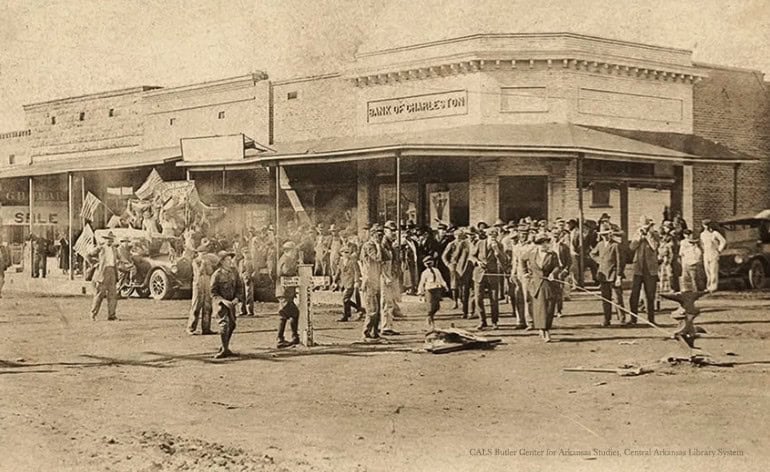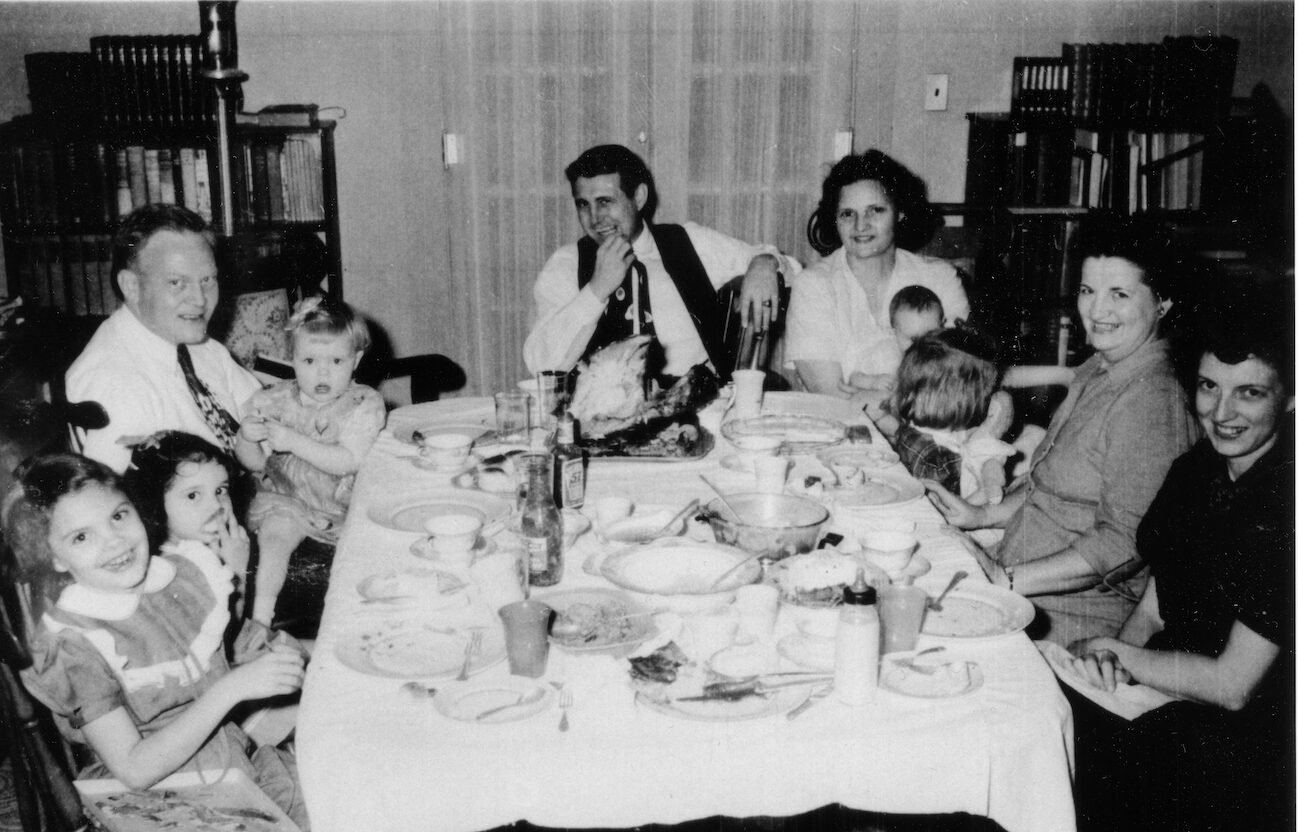In the heart of the River Valley, the sun rises over the tight-knit community of Charleston, Arkansas. For generations, families like the Tedfords have worked this land, their lives intertwined with its rhythms in a shared understanding between people and place. Kids romp in creeks. Horses graze in pastures. Neighbors greet one another by first name.
Here, their way of life is more than geography. The Franklin County way is community, heritage, and a quiet resilience.
But now, this tranquil corner of the River Valley finds itself at the center of a political storm. Plans to build a 3,000-bed prison on an 815-acre site here have stirred something deep within the community: a determination to protect not just their land but their way of life. Residents who might ordinarily wave from across the way now stand shoulder to shoulder, united in a fight they never asked for but certainly cannot ignore.

A Plan Shrouded in Secrecy
The state’s decision to purchase land for the prison blindsided the people of Charleston, a small town of about 2500 people. Announced on a local radio station in late October, residents were shocked to learn the deal had been in the works for months, with no input from the people who would live in its shadow. By the time the public learned of the prison build, nearly $3 million in state money had already been spent to purchase the land. The wheels of big government were in motion.
Residents quickly organized in response. At a contentious town hall meeting, locals voiced their concerns to state officials they had invited to join. Among them was Charleston resident Jonathan Tedford, whose home sits adjacent to the proposed site. “At the very least, we have a prison we have to look at every day,” Tedford said after a recent legislative hearing. He spoke of his grandfather’s legacy, of land passed down through generations now threatened by a specter of towering fences and razor wire.
Other residents of Charleston have echoed his frustration. “A formal public hearing should have been held before the state committed millions of dollars to a project in Franklin County,” said resident Rosemary Underwood during the packed town hall in the town’s high school gym. The lack of transparency stings for folks in Charleston— not just because of what was done but because of how it was done— without the respect of local consultation or the dignity of inclusion. The state’s maneuvering was not the Franklin County way.
A United Franklin County Front
In response, the community rallied and formed the Franklin County and River Valley Coalition, which actively organizes on Facebook and other social media platforms. These neighbors, once bound by simple proximity, are now united by relentless purpose. They’ve held meetings, launched fundraising campaigns, and presented their case to state lawmakers. They’ve raised questions about the prison’s cost—estimated to balloon far beyond initial projections—and its environmental and economic impact on their community.
“This is one of the most un-American things I have heard since I’ve been down here,” said Sen. Gary Stubblefield, who represents the town in the state senate. Like many residents, Stubblefield expressed frustration over being excluded from the process. “The people of Franklin County, including myself, were cut out from even knowing about something this large happening in our county.”

But it’s clear this fight is about more than money or logistics. It’s about preserving the sanctity of place. Residents worry about what the prison represents: a departure from the values that define them. Hard work, family, faith, and community— they’re the threads that weave together the fabric of Franklin County, and its people are determined to keep them from unraveling.
The Power of People
There’s poetry in the way this small town has come together, a reminder of what it means to belong to a place and to one another. “We’ve been denied a voice,” said coalition member Natalie Cadena during her presentation to the Senate Children and Youth Committee. Through their determination, the people of Franklin County are reclaiming that voice, speaking up not just for themselves but for the values they hold dear.
From quiet conversations in living rooms to impassioned speeches in town halls, Franklin County is demonstrating the power of unity. “If it can happen to us, it can happen anywhere,” reads one coalition message on social media. The people of Franklin County aren’t just fighting against a prison—they’re standing for transparency, accountability, and the right to shape their own future.
A Shared Dream
Though the prison outcome is uncertain, one thing is clear: the people of Franklin County have already won something significant. They’ve reminded Arkansans that even in the face of top-down decisions and bureaucratic indifference, a united community is a force to be reckoned with.
If you believe in the power of community and the right to have a voice in decisions that shape our lives, stand with the people of Franklin County. As the sun sets over Mill Creek Mountain, the shadows grow longer, but so too does the resolve of the people who call this place home. They are Arkansas Strong. Tough, resilient, and deeply rooted.
And they remind us that no matter how steep the climb, there is power in standing together.



